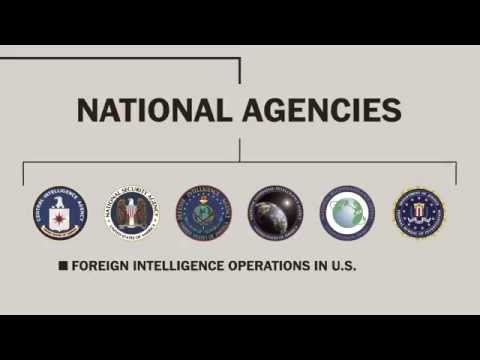CONFESSION: I am a military intelligence analyst
Hint: I was enlisted into elite royal unit decades ago
I’ve never been patriotic. As a Mennonite, I was raised to always distrust the world and its governments. Not only that, we were pacifists (“conscientious objectors” they sometimes called us). Despite our wariness of worldly authority, when we first came to Canada our people struck a deal: we would drain the swamp in exchange for having freedom to practice our religion without government restriction. That was a big deal, back in the day, and it was a legal agreement.
When I say “drain the swamp” I don’t mean politically. The prairies were a gigantic, unlivable, mosquito-infested bog that not even the Native Americans could make use of. (The current politically correct charade that these lands originally belonged to them is false. They didn’t want this area. The hunting was impossible and you’d die if you stayed here. They were bitterly frozen in the winters, and marshy mud plains the rest of the year.) The Mennonites, however, were originally Dutch, and therefore were experts at digging dykes and irrigation canals. They had turned the Germanic lowlands and Russia into bread baskets too, as they migrated from place to place.

It was the Mennonites who drained the fetid prairies of Manitoba, turning Canada’s natural sewer system into the best farmland in the world. And I like to think that’s a metaphor for what our role is on a spiritual level, too.
The life of a military analyst
This is an actual video from the DIA’s official podcast:
The video was uploaded 7 days ago, and has 344 views as I type this. The Defense Intelligence Agency’s YouTube channel has a modest 8,570 subscribers. (They’re currently on Season 4 of their podcast! Good for them.)
For me, everything in the video is familiar. As you will now know, I’ve been in this business for many years. They talk about analyzing data, finding the headline, and sending messages to their “customers” at the Pentagon—that is, the Department of Defense, which gathers reports from all of the Armed Services.
It’s a great breakdown of how to think about the job. Provide context, disclose your level of confidence, tell them why it matters, and don’t try to get too clever. It’s easy to forget these.
Here’s a nice breakdown of what is meant by the term “Intelligence Community” in the USA. Since the publication of this video, Space Force has been added to the Armed Services.
Just think of how many agencies, task forces, and working groups of analysts are processing data every day. There’s a chain of command that receives this data and elevates what they consider important to the next level up. Intelligence briefings are compiled for the President of the USA and the Joint Chiefs of Staff. These are the decision-makers who set the agenda, authorize action, and take responsibility for the reports they trust and the plans they approve. When the Obama administration was leaving office and claimed that Donald Trump was a foreign asset, they did so in order to give the Intelligence Community political cover for keeping him in the dark.
Lastly, we have Three Days of the Condor (1975). This is a great movie, and one that attempts to show the civilian side of the Intelligence Community. In particular, I want you to notice that the job of the analyst is simply to “read everything”, and turn that knowledge into useable takeaways. Back in the 1970s, this involved reading actual books, magazines, newsletters, newspapers, and even fiction. Today, with the Internet, there are millions of additional sources, making the job all the more challenging and important. It may seem boring to those who can’t see the full picture, but that’s how the military is. You do your part, everyone else does theirs, and the higher ups are the ones who see the global strategy.
My job in the military
I won’t say that I was gifted at a young age, but that’s what others told me. Although I hated school and simply laughed at my bad grades, certain teachers would notice that my reading and writing levels were far above my peers, and some even considered advancing me to a high school level when I was around 9 years old. I was fascinated by grammar and punctuation, and why paragraphs could be so different from one another, depending on the author and the genre. My math was atrocious, my attitude was rebellious, and my patience for most topics was thin, but I had something that gleamed under the right lighting.
My recruitment came out of nowhere. It was more of a forced conscription than an offer, actually. It was very difficult for me, and a secret that I had to keep from pretty much everyone. In the last half of my
podcast episode, I share that story briefly:Now let me tell you how I began to learn my job, and how to do it properly.
Keep reading with a 7-day free trial
Subscribe to The Winter Christian to keep reading this post and get 7 days of free access to the full post archives.



